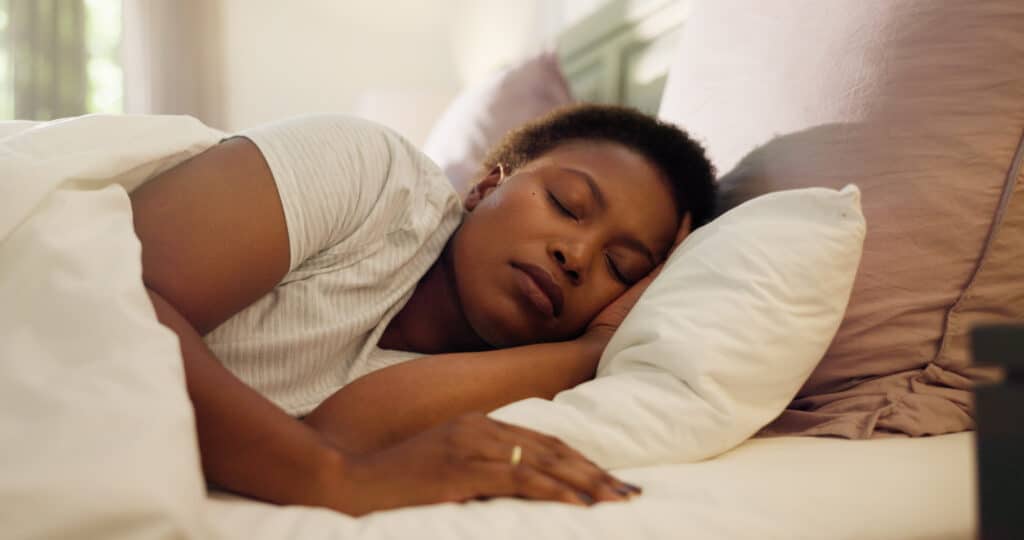You wouldn’t blame yourself for skipping a get-together with friends if you had the flu. What if it was your mental health? While we typically accept physical illness as a fact of life, mental health symptoms are more likely to be met with self-blame and self-criticism.
It’s true, mental health issues like anxiety attacks or PTSD symptoms aren’t contagious. Much of the time the symptoms might be completely invisible. But that doesn’t mean they aren’t very real. And it definitely doesn’t mean it’s your fault.
If you struggle with being overly critical of yourself, here are some ways to reverse the habit.
- Zoom out and look at the whole picture. When something doesn’t go your way, the self-blaming response is to focus on all the ways you screwed up. Usually there’s more to it than that. If you blew up in an argument with someone, think through all the factors: How did the situation contribute? What role did the other person play? You can accept responsibility for your part without taking all the blame.
- Take stock of your strengths. When you have a habit of self-criticism, you may find that you’re laser-focused on your “flaws.” Instead, take 5-10 minutes to sit down and make a list of the things you’re good at. You may not be great at cleaning, but maybe you’re a creative problem solver, able to juggle a lot of things, or a loyal friend.
- See that you’re growing and learning every day. Instead of attacking your character for being late again (“I’m just such a scatterbrain”), know that you can try again next time. Think: “Boy, I really overscheduled things today. Next time I’ll save the grocery trip for after.”
- Accept yourself—the good and the bad. This is sometimes called self-compassion. It means being kind and understanding of your actions and reactions rather than blaming or judging them. Instead of “I just can’t get myself together,” you might think, “Dealing with my PTSD has been really hard for me lately.”
If mental health symptoms are making your day-to-day life difficult, consider Freespira. It is a medication-free treatment for panic and PTSD symptoms that you can use right at home to get relief in 28 days or less.
You don’t deserve blame for your mental health symptoms. You do deserve access to health care when you need it.



